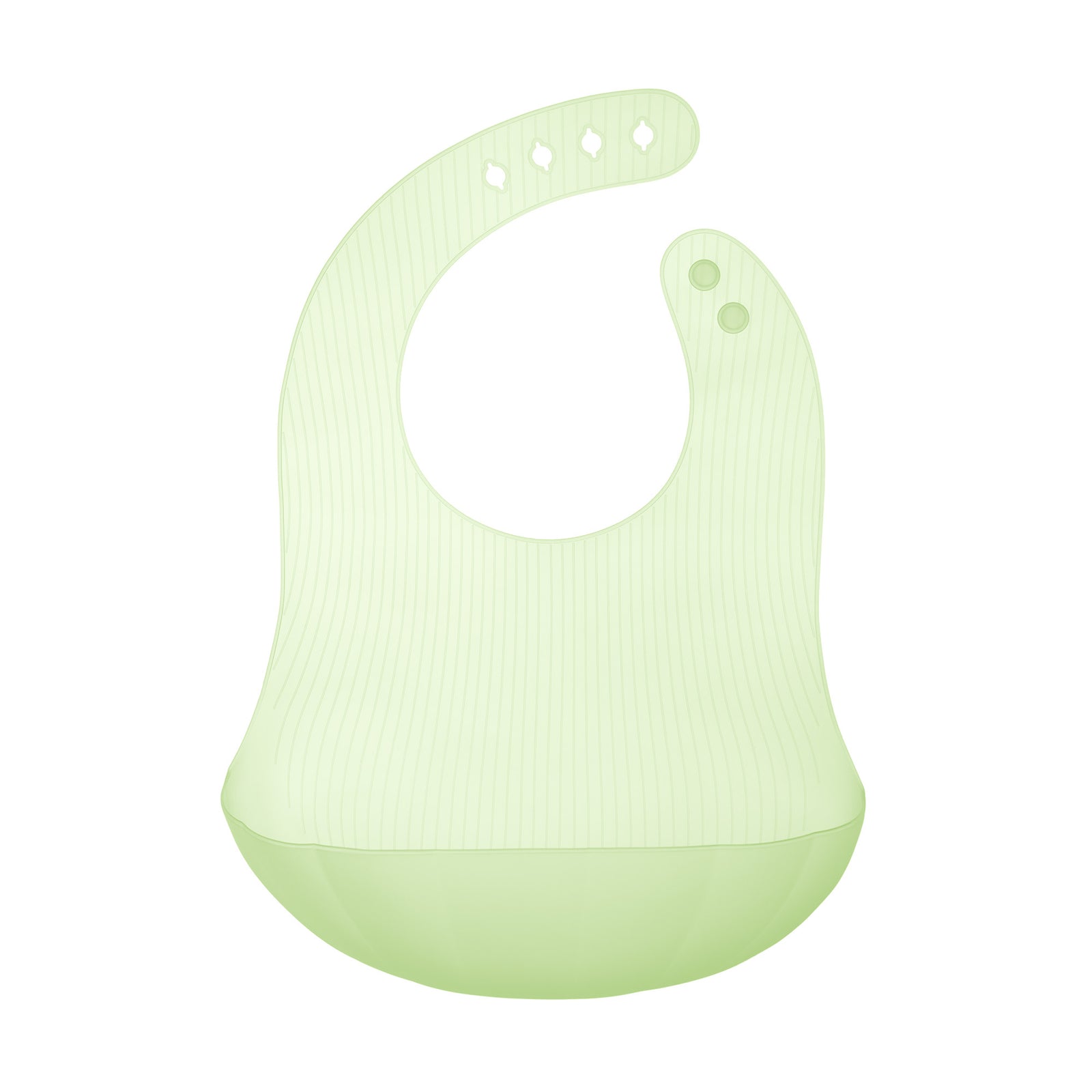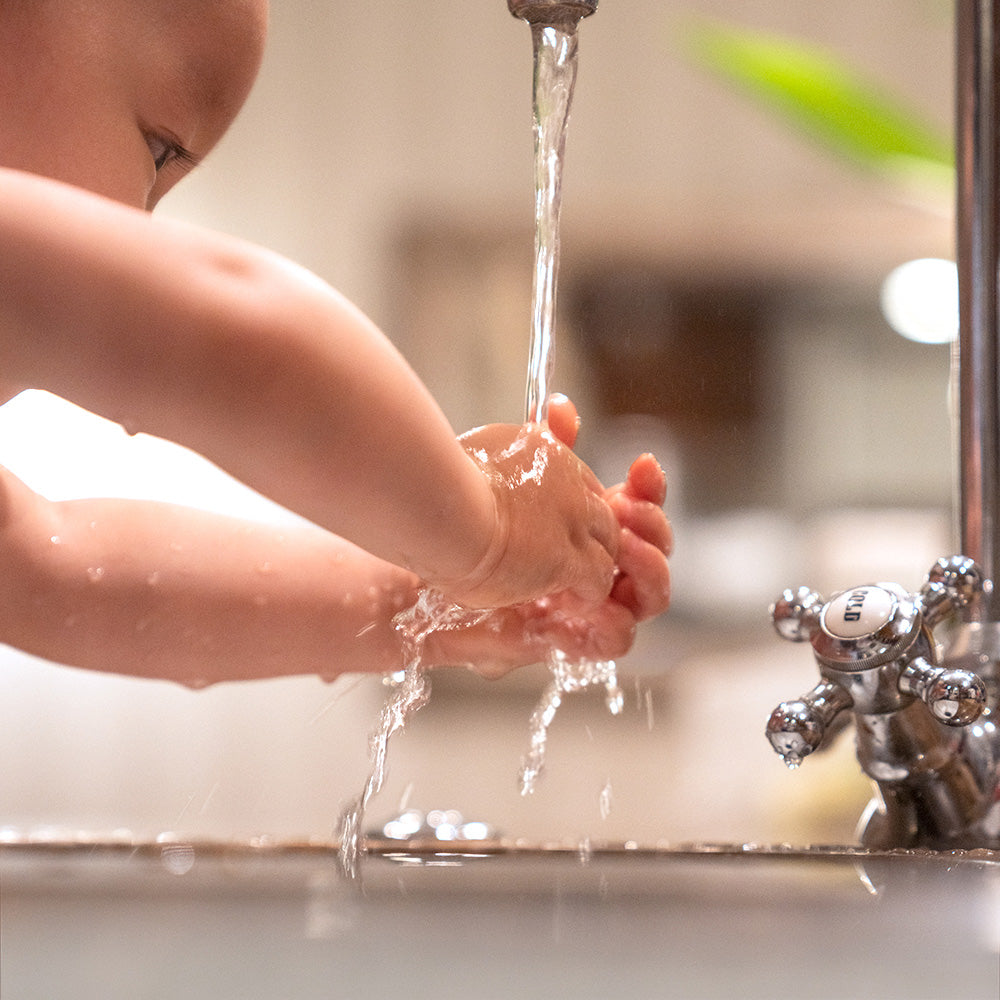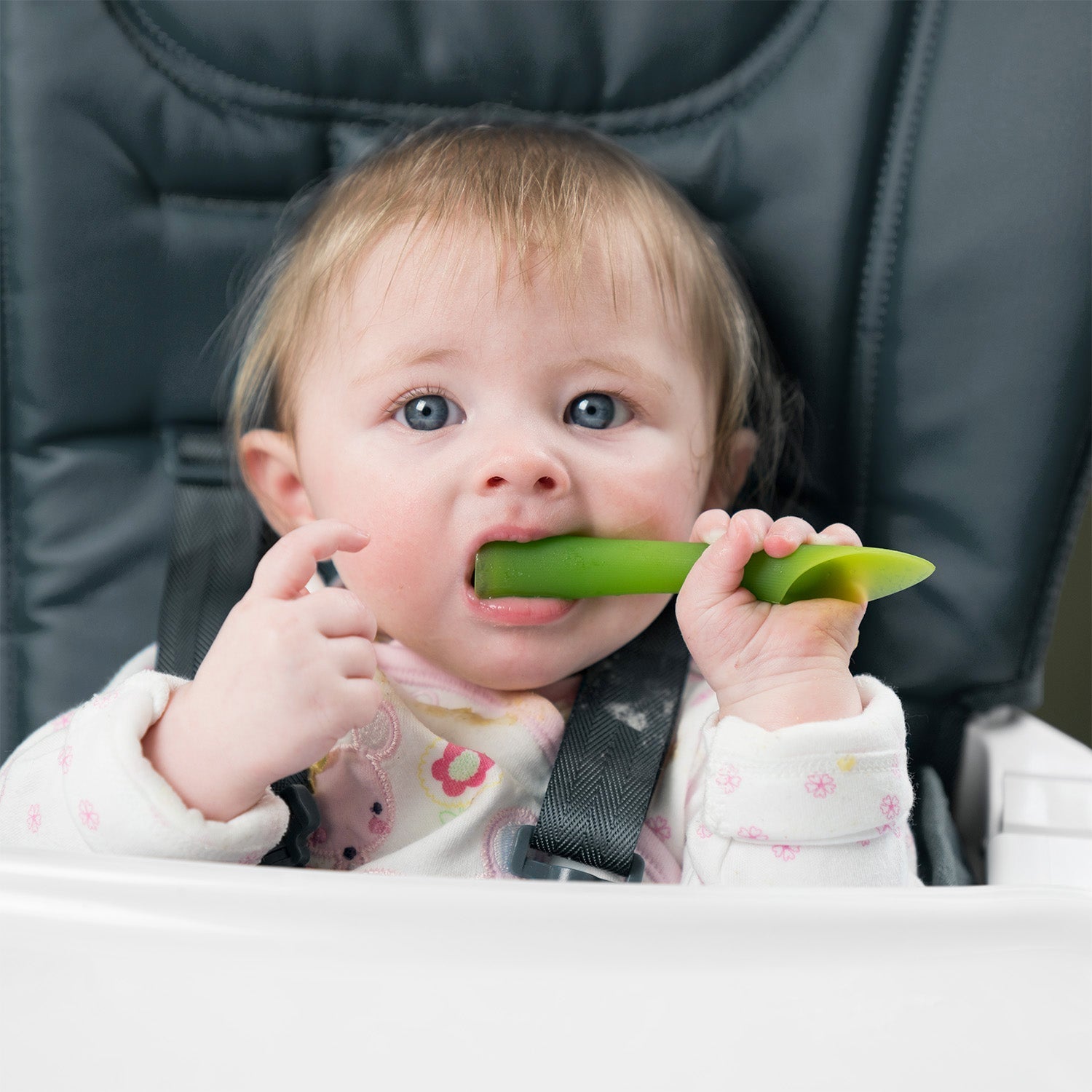With some children back at school and others learning remotely, 2020 looks a lot different from what parents and their children are used to. Since November is Child Safety Month, we want to provide our community with as many resources as possible on how to keep their kids safe during the COVID-19 pandemic. Whether they are learning from home or are in their classrooms, as parents, we have to educate them in ways they will understand on how to protect themselves. Here we are going to discuss how to talk about Coronavirus with your kids, and tips to help keep them safe at home or on the go.
How to talk to your kids: give them reliable information
Since COVID has been around for most of 2020, this has been one of the major topics in the news and many households. With so much talk about this illness, your kids are bound to have picked up a lot of conflicting and confusing information. In an article published in KidsHealth and reviewed by Dr. Jennifer Pendley, a Pediatric Psychologist, it states that the first step in talking about COVID with your child is asking them what they already know. You will want your child to feel in control of the conversation, but be able to offer them reassurance and age-appropriate information (KidsHealth, Coronavirus (COVID-19): How to Talk to Your Child). This can be a scary topic for many children, so remaining calm is important to help your child feel comfortable talking about this with you. Staff at the Mayo Clinic also want parents to note that being honest with your child is key. If you do not know the answer to a question, let them know and do some research (The Mayo Clinic, How to talk to your kids about COVID-19). Contrary to what our kids believe, we as parents do not have all the answers. We need to show our children that we are doing all we can to provide them with reliable and safe information they can understand.
Teach them to practice preventative care
Whether your kids are at home or in school, you want to be sure they are practicing the basic hygiene guidelines set up by the CDC. The best way to do this is to show them how, and be consistent with it. To keep children safe, the CDC has provided a few tips on how to reinforce the practice of these guidelines inside and outside of your home (Center for Disease Control, Keep Children Healthy During the COVID-19 Outbreak) :
- Speak to your children about the importance of handwashing. Let them know this will not only help keep them safe but will also aid in the slowing of the virus spread.
- Be a role model - children are likely to mimic the actions of their parents. If they see that you are frequently washing your hands, they will be more likely to do so, even when you are not around.
Practicing good hygiene is always important, but especially now. Making this a part of your child's daily routine will help to ensure it will become a good habit for them.
Look out for signs of stress or behavior changes
The COVID pandemic has been a stressful time for adults and can be for children of all ages as well. To keep our kid’s mental health safe, the CDC strongly recommends that parents stay aware of any behavioral changes in their children or signs of stress. These signs can include (Center for Disease Control, Keep Children Healthy During the COVID-19 Outbreak):
- A constant worried or sad state
- Noticing of unhealthy eating habits
- Difficulty with concentration
- Lack of sleep
In order to help combat stress, try to keep your children active with indoor and outdoor activities. You can go on a family walk or play a board game together. It would also be a good idea to help them stay connected socially by coordinating video chats with school friends or extended family (Center for Disease Control, Keep Children Healthy During the COVID-19 Outbreak).
While COVID-19 has changed the world around us, we as parents must learn to adapt and lead by example for our children. As of right now, it is hard to say when things will return to a more state of “normal”, however, we want to be able to support our parenting community by providing you with tips and resources to help educate and reassure your kids during this time. By speaking with your children, showing them healthy habits, and supporting them through this time, we will be able to help keep them and those around us safe. If you are looking for more information on Coronavirus and children’s health, please visit The Center for Disease Control and Prevention website.






